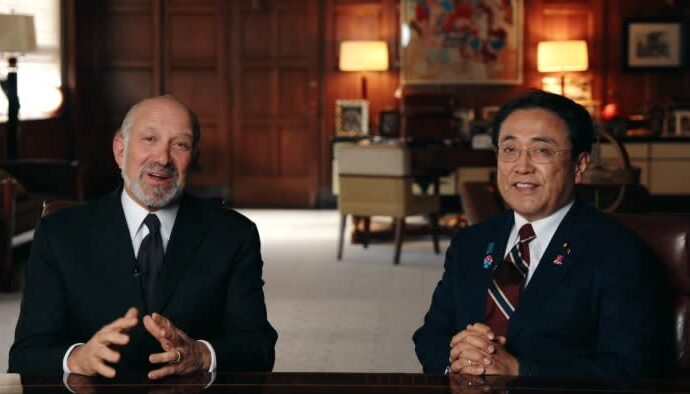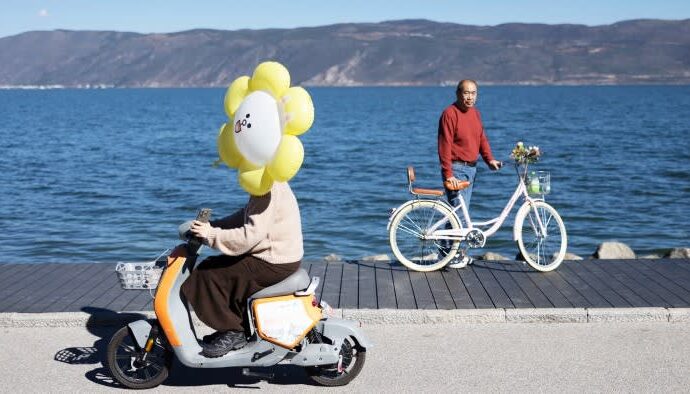Unlock the Editor’s Digest for free
Roula Khalaf, Editor of the FT, selects her favourite stories in this weekly newsletter.
China has imposed sanctions on two Lithuanian banks, in retaliation for recent EU curbs on two Chinese lenders as relations sour over Russia’s invasion of Ukraine.
The measures, announced by China’s Ministry of Commerce on Wednesday, come after Brussels imposed sanctions on two regional Chinese lenders last month after allegations they had financed banned trade with Russia.
UAB Urbo Bankas and AB Mano Bankas would be added to a countermeasure list, the official ministry statement said, while individuals and organisations in China would be blocked from engaging in transactions, co-operation or “other activities” with them.
The statement referred to the banks as “EU financial institutions” and did not mention Lithuania directly.
A European Commission spokesperson said Beijing had informed Brussels of its intention to impose sanctions on the banks on August 12.
“Once formally received, the EU will study these measures in detail, before deciding on any additional next steps,” they said.
“The EU is open to identifying a mutually acceptable solution that could ultimately lead to the delisting of the banks.”
Beijing had previously warned the EU it would retaliate against its sanctions, which marked the first instance of the 27-member bloc targeting third-country lenders over Russia’s 2022 invasion of Ukraine.
Brussels has increased its pressure on China over the hostilities, urging it to use its influence on Moscow to bring about an end to the conflict after repeatedly expressing concerns over military-related trade. Germany has also raised these concerns.
Brussels said this week it was preparing a 19th package of measures that could target Russia’s trading partners as well as tightening economic screws on Moscow itself.
Lithuania has historically been one of the most hawkish countries towards China in the EU. Relations between Beijing and Vilnius hit a low point in 2021 when Lithuania allowed the Taiwanese government to set up a representation in the Lithuanian capital under its own name, which Beijing read as a contravention of its “One China” policy.
The EU and China have also been locked in a trade dispute over tariffs on China’s electric vehicles that came into force last October and darkened a summit last month intended to celebrate 50 years of diplomatic relations between the two economies.
Negotiations on these tariffs could see the levies replaced with minimum prices. Beijing, which this week saw its tariff truce with the US extended by 90 days, has hit back with levies on EU goods ranging from dairy products to brandy.


